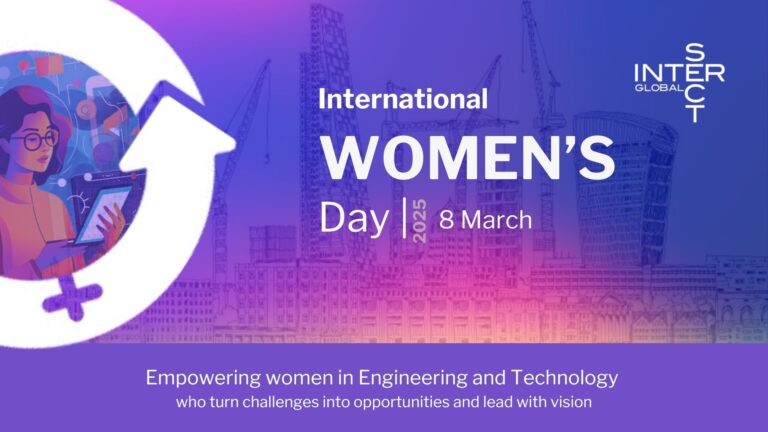You made it to the interview stage- Congratulations!
But now comes the all-important interview preparation. As well as making sure that you have done your research on the company interviewing you, it is important that you also ensure you are prepared to answer competencies-based questions.
So, what are competencies………? Competencies are the skills, experiences, behaviours and knowledge you’ll bring into the role. They will have been acquired from previous job roles.
Competencies-based interviews are the most widely used interview techniques where hiring managers will use open ended questions to ask you about previous genuine scenarios where you have demonstrated the use of your competencies.
Below are a few examples of the most asked questions:
- Communication skills
- Delivering at pace
- Making effective decisions
- Collaborating and partnering
- Leading and communicating
- Building capability for all
- Strategic thinking
- Teamwork
- Changing and improving
- Organisational skills
- Working under pressure
- Attention to detail
- Handling a difficult decision or situation
- Adaptability
- Delivering value for money
- Resilience
- Integrity
- Taking control of a situation
- Problem solving
- Stakeholder management
One of the most widely used competencies-based interview technique used is STAR.

Situation: Describe the background or context.
Task: Describe the task or challenge you were faced with.
Action: Explain the action you took, and how and why you did it.
Result: Describe how it ended, what you accomplished and what you learned from the situation. Relate the skill or ability you’re illustrating back to the vacancy you’re applying for and explain why it’s useful.
The use of the STAR technique will provide employers with evidence of your competencies and strengths. When practising your STAR interview answers, don’t spend too long describing the situation or task – trim any details that are unnecessary. The action you took is the most important part of your answer and should show how effective you were by giving good examples.
Practice with a friend or family member but don’t overdo it as answers that are too well rehearsed can sound robotic.
Good luck!
If you are reading this blog article and you are at the beginning of your job-hunting journey, you may want to read out CV writing blog article.
You may also want to check a selection of our current vacancies by following this link.
And finally…. if you have a any questions or would like to speak to one of our consultants, email us or connect with us on LinkedIn.




